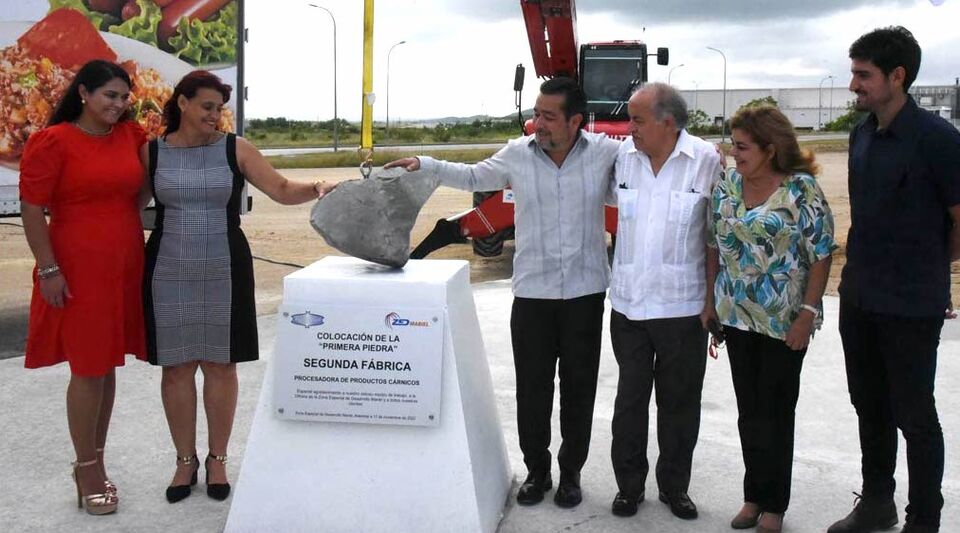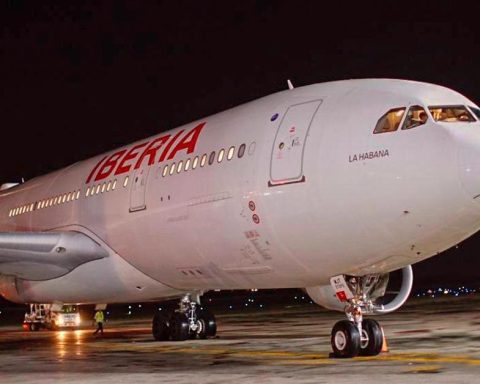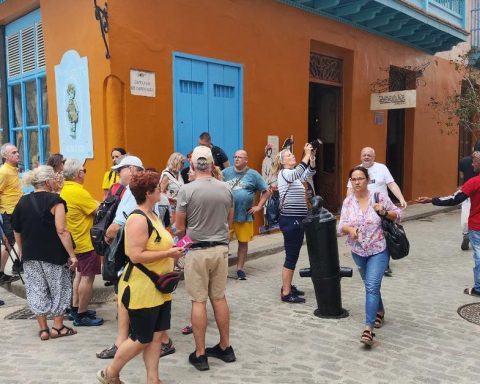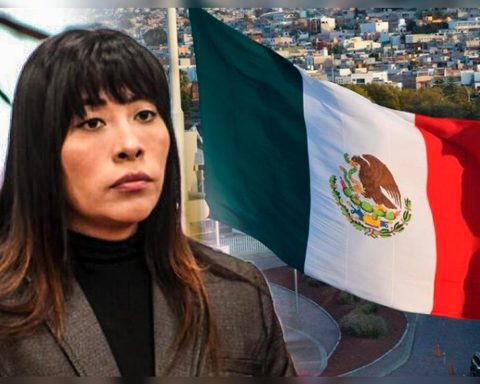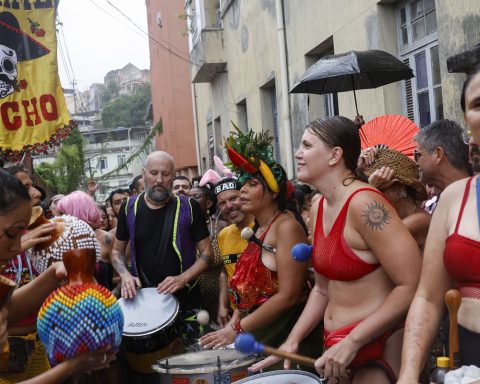The directors of the meat company Richmeat de Cuba, SA, which works with Mexican capital, placed this Thursday the first stone of its new factory in the Special Development Zone of Mariel, which is expected to open in 2027. It is an expansion of its facilities, which work with Cuban labor and totally foreign investment since 2015.
The Minister of Foreign Trade, Rodrigo Malmierca, had discreetly announced the expansion of Richmeat on November 9 in the Round Table program, with the promise that Cuba would do everything possible to pay your debts to investors “gradually”.
The ceremony in Mariel was held in the presence of the Mexican ambassador to the island, Miguel Díaz Reynoso, Déborah Rivas, Vice Minister of Foreign Trade and Foreign Investment, and Carlos Luis Jorge Méndez, General Director of Foreign Investment of that ministry.
The official newspaper Granma ensures that the previous Richmeat plant, also built in Mariel, was at “its highest level of production”, with a capacity for 3,000 tons per month of mixed seasoned hash.
Like other Cuban and mixed capital companies, Richmeat looked for business opportunities at the Havana International Fair (Fihav). Luis Alberto González Hernández, president of the company, stated that the new plant will be used to manufacture sausages, with a brand called La Favorita, on which “market tests” have been carried out.
The factory is expected to operate from 2027 with a production capacity of 7,000 tons of sausages per month, made with the “highest technologies”
The factory is expected to operate from 2027 with a production capacity of 7,000 tons of sausages per month, made with the “highest technologies” and the promise of “high quality standards in its processes.”
The plant will have a workforce of 400 workers and will be a “continuation” of the existing one, dedicated to seasoned hash. The most delicate issue – and the one that seems to worry current investors the least – is that of raw materials. González Hernández said that a part will be “of national origin”, but did not specify where Richmeat would extract the meat from to make up for the supply deficit that has already been announced.
asked by Granma On this question, he limited himself to responding critically that there were “agreements” to “incentivize suppliers” and that they will be able to “grow together with the firm and increase all productions”.
Product distribution is another tricky situation. But the manager assured that Richmeat was protected by “contracts with the national network store chains,” although he avoided specifying whether Cubans would pay for the product in pesos or in freely convertible currency (MLC). Logistics, on the other hand, is resolved by the transportation network of the company itself.
Without taking into account that Richmeat works with Mexican money – a country that will surely have to send part of the raw material as well – González Hernández said that his company’s initiative “reduces imports.”
“Our objective was clear, very clear, to reach the most possible tables of Cuban families,” said the manager, ignoring the general shortage
“Our objective was clear, very clear, to reach as many tables as possible for Cuban families,” said the manager, also ignoring the general shortage on the island.
The note, paraphrased by cubadebatewas harshly criticized by readers, who noted that “you don’t receive anything at all from the first floor” in the peso markets and expressed their concern about the origin of the raw materials.
“All slaughterhouses and stuffers are stopped,” said one user, while another stated that Richmeat products are characterized by only reaching the West and that they are insufficient for the entire country.
Some denounced that only Richmeat and his partners in the Cuban government could be interested in opening a plant from scratch, when there are meat factories on the island that are paralyzed, awaiting maintenance or malfunctioning.
In Sancti Spiritus, for example, the sausage production plant –unique, for the moment, in the country– produced a deficit of meat in the province. The low production of meat, added to the scarcity of sources of raw materials, caused the price of meat products to rise, while the sausages were not destined for family consumption but rather for hotels and the network of stores in MLC.
During 2021, pork production in Cuba fell by 53.5% compared to the previous year, with just 132,900 tons. A streak that also weighed down beef, with a drop of 13.5%; that of sheep 32.5%; and 20.8% of birds, according to the National Office of Statistics and Information (Onei). For its part, in 2022 the Government forecasts a total production of 26,000 tons of pork, according to figures released by Televisión Cubana in April, a tiny amount if compared to the 200,000 tons forecast in 2017.
________________________
Collaborate with our work:
The team of 14ymedio He is committed to doing serious journalism that reflects the reality of deep Cuba. Thank you for accompanying us on this long road. We invite you to continue supporting us, but this time becoming a member of our newspaper. Together we can continue transforming journalism in Cuba.
